Prepare yourself for a successful interview by taking these essential steps to get ready:
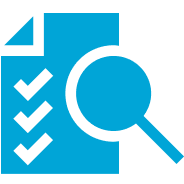
Research the Company
Learn about the company’s history, mission, culture and recent news. Understand how your skills and experiences align with their values and goals.
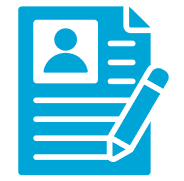
Know Your Resume
Be prepared to discuss your resume in detail, including your experiences, achievements and skills. Practice telling your professional story concisely and confidently.

Prepare Questions
Develop thoughtful questions about the company, team dynamics and the role to ask the interviewer. This will show your interest and engagement.

Practice Interviewing
Conduct mock interviews with friends, family or career coaches to gain confidence and refine your answers to common interview questions.

Plan Your Attire
Choose professional attire that aligns with the company’s dress code and culture. Dressing appropriately shows respect for the interviewer and the company.
Master the art of interview etiquette to leave a lasting positive impression:
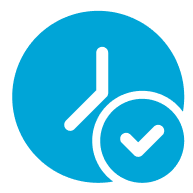
Arrive on Time
Aim to arrive 10-15 minutes early for your interview to allow for any unexpected delays.

Professional Demeanour
Greet the interviewer with a firm handshake (assess the cultural environment during the interview) and maintain good eye contact throughout the interview.
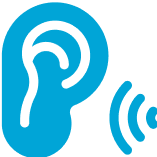
Body Language
Maintain good posture, smile, and engage in positive body language to convey confidence and enthusiasm.

Practice Interviewing
Conduct mock interviews with friends, family or career coaches to gain confidence and refine your answers to common interview questions.
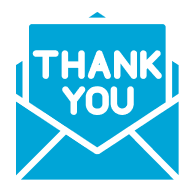
Thank You Note
Send a thank-you email or note promptly after the interview to express your gratitude and reiterate your interest in the position.
Prepare yourself to tackle common interview questions, such as:

Behavioural Questions
Describe a challenge you have faced and how you overcame it.
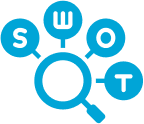
Strengths and Weaknesses
Discuss your strengths and areas for development, focusing on how you’ve worked to improve.

Career Goals
Share your short-term and long-term career goals and how they align with the company’s mission and vision.
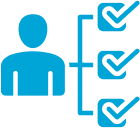
Role-specific Questions
Be ready to discuss your experience and skills relevant to the position, including technical skills and industry knowledge.
Understand different interview formats, including:

Standard question-and-answer format conducted in person, over the phone, or via video.

Focus on past behaviour to predict future performance, with questions like “Tell me about a time when…”
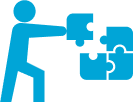
Present hypothetical scenarios or real-world problems for you to solve, assessing your analytical and problem-solving skills.
Navigating job offers and mastering salary negotiation requires finesse and strategy. Here’s how to ace it:

Evaluate the Offer
Carefully review the job offer, considering salary, benefits, job responsibilities and growth opportunities.
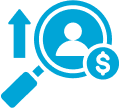
Research Salary
Use salary benchmarking websites and industry reports to research salary ranges for similar roles in your location and industry.
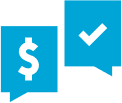
Negotiate Strategically
Prepare to negotiate salary and benefits by highlighting your value, experiences, and market demand for your skills. Be polite, professional, and open to compromise.
Enhancing your salary benchmarking strategy involves combining resources to gain comprehensive insights into industry standards and trends. Here are some refined methods:
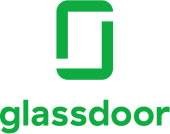
Glassdoor
Access salary reports and reviews from current and former employees.

PayScale
Use the salary survey tool to compare your salary to industry benchmarks based on location, experience and education.

Professional Networking
Engage with industry peers and professionals to gather firsthand insights into wages and employment trends. Attend networking events, participate in online forums and join professional associations relevant to your field to stay informed about salary standards and emerging opportunities.
By combining these methods, you can develop a robust salary benchmarking strategy that empowers you to make informed decisions regarding your career and compensation goals.





